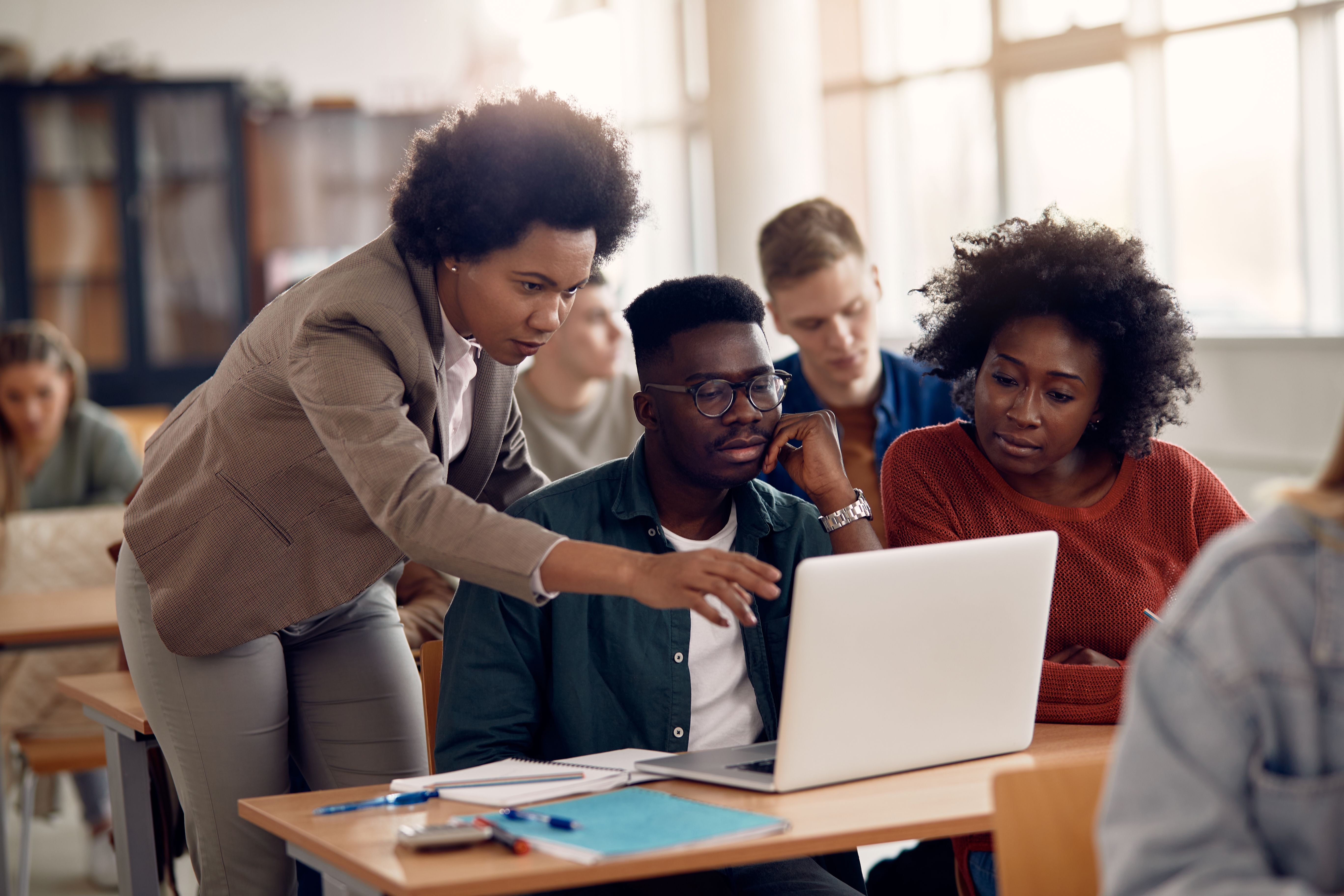Investing in Literacy: Transforming Africa's Future through the G20-Africa Literacy Protocol
Empowering Africa: The Role of Literacy
In today's rapidly evolving world, literacy is a fundamental cornerstone for growth and development. As the global community recognizes the importance of education in fostering sustainable progress, initiatives like the G20-Africa Literacy Protocol are pivotal in transforming Africa's future. This protocol aims to address the literacy challenges facing the continent, unlocking potential and paving the way for a prosperous future.

The G20-Africa Literacy Protocol Explained
The G20-Africa Literacy Protocol is an ambitious initiative that seeks to enhance literacy rates across Africa. By collaborating with G20 countries, the protocol leverages international expertise and resources to implement effective literacy programs. Its primary focus is on elevating educational standards, improving access to learning materials, and training educators. This comprehensive approach aims to create a robust educational framework that can support long-term development.
Key objectives of the protocol include:
- Increasing enrollment rates in primary and secondary education.
- Enhancing the quality of teaching through professional development.
- Providing access to technology and digital learning tools.
- Fostering multilingual education to embrace cultural diversity.
Why Investing in Literacy Matters
Investing in literacy is not merely an educational priority; it is an essential economic strategy. A literate population contributes significantly to economic growth by increasing productivity, fostering innovation, and creating a more skilled workforce. Moreover, literacy empowers individuals by providing them with the necessary skills to navigate modern society, enhancing their ability to participate fully in democratic processes and community development.

Challenges and Opportunities
Despite the promising potential of the G20-Africa Literacy Protocol, several challenges must be addressed to ensure its success. These include inadequate infrastructure, limited funding, cultural barriers, and political instability in some regions. However, these challenges also present unique opportunities for innovation and collaboration. By engaging local communities, governments, and international partners, the protocol can tailor solutions to meet specific regional needs, ensuring sustainable impact.
The use of technology offers a particularly exciting opportunity to overcome some of these barriers. Mobile learning platforms and digital resources can reach remote areas, providing educational opportunities to those who might otherwise be excluded from traditional schooling systems.
Success Stories and Impact
Several African countries have already begun to see positive outcomes from literacy initiatives. For instance, programs that integrate technology in classrooms have shown marked improvements in student engagement and comprehension. Additionally, community-based projects that involve parents and local leaders have fostered environments where education is valued and supported.

By sharing these success stories, the G20-Africa Literacy Protocol can inspire further action and investment across the continent. These examples demonstrate that change is possible, and with concerted effort, literacy can serve as a catalyst for widespread transformation.
A Call to Action
The success of the G20-Africa Literacy Protocol hinges on collective action. Governments, NGOs, private sector partners, and individuals all have a role to play in promoting literacy. Through collaboration, innovation, and dedication, we can create a future where every African child has access to quality education. The investment in literacy today will yield immeasurable benefits tomorrow, transforming not just individual lives but entire communities.
As we look to the future, let us commit to making literacy a priority. Together, we can unlock Africa's potential and pave the way for a brighter, more equitable future for all.
